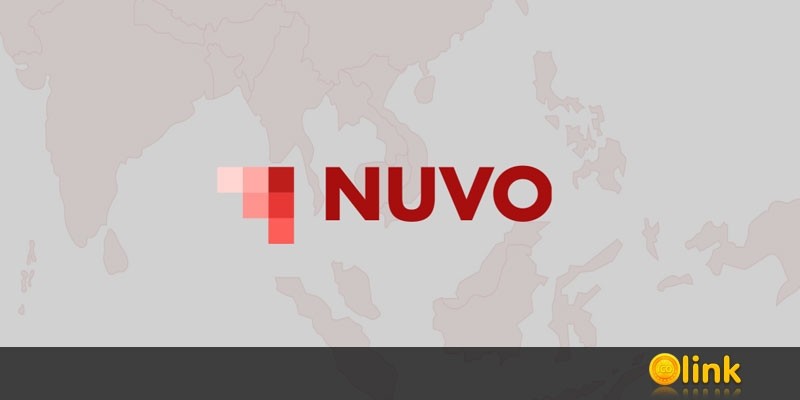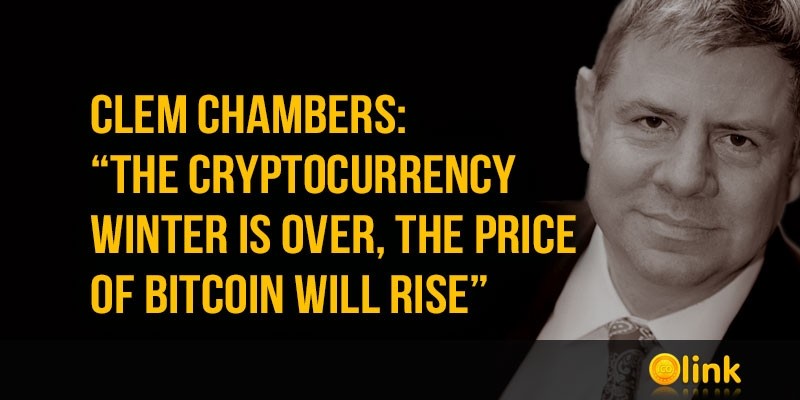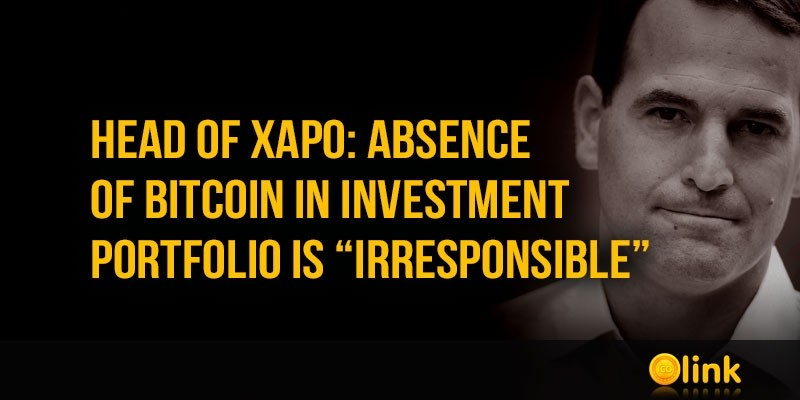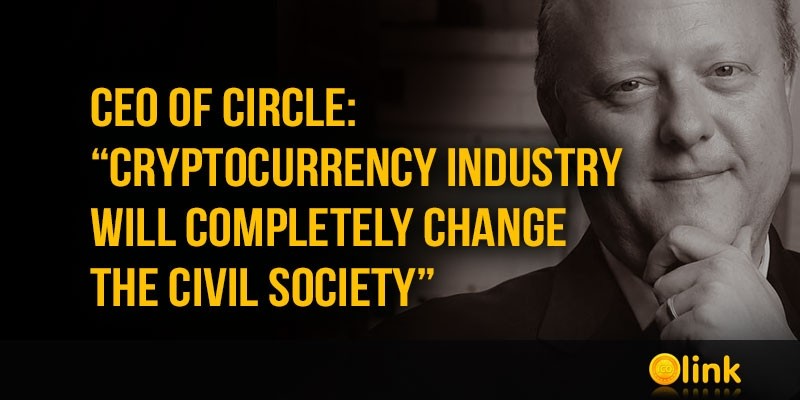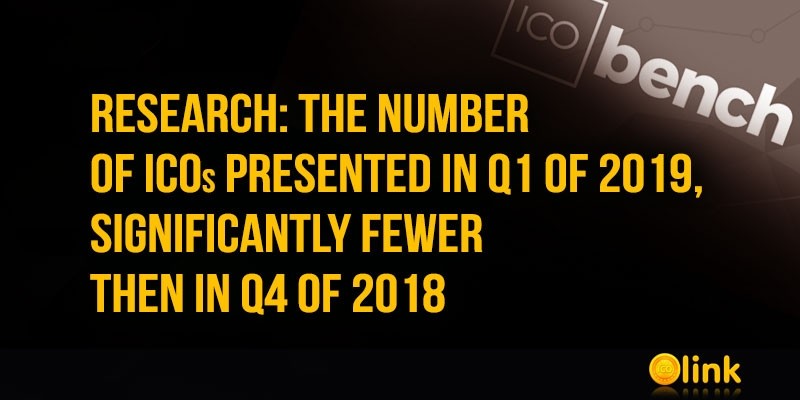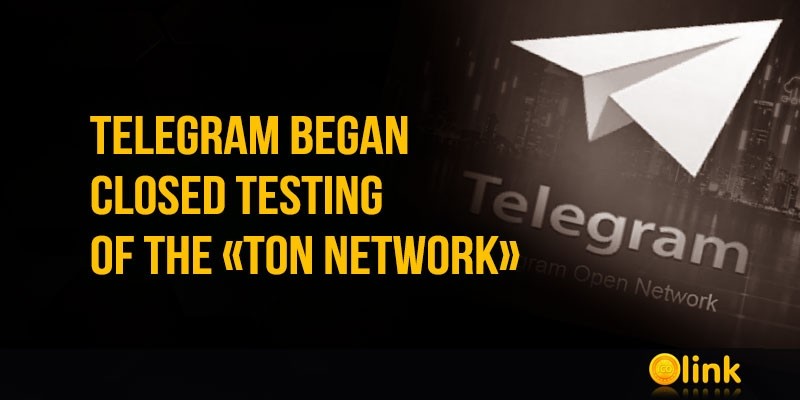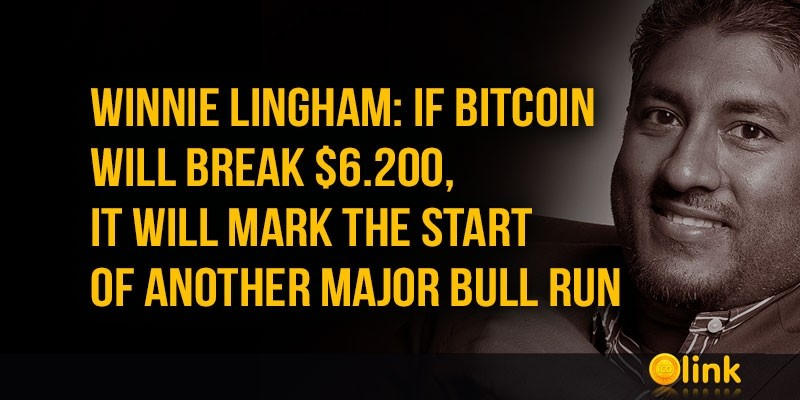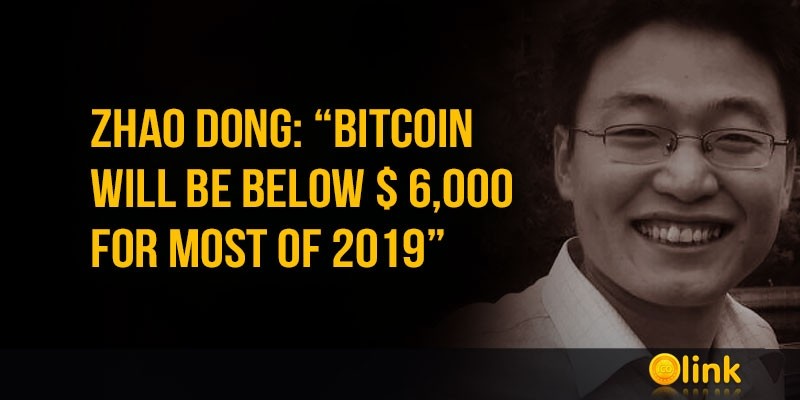The head of Bakkt, the platform for institutional clients, Kelly Loeffler: "race day" is nearing, the platform is waiting only for approval of an application from the Commodity Futures Trading Commission (CFTC).
Initially, it was expected that the Bakkt platform would be launched at the beginning of this year, but the start was postponed due to the lack of approval by the company from US regulators. However, the company's management still believes in the launch of the platform already this year.

